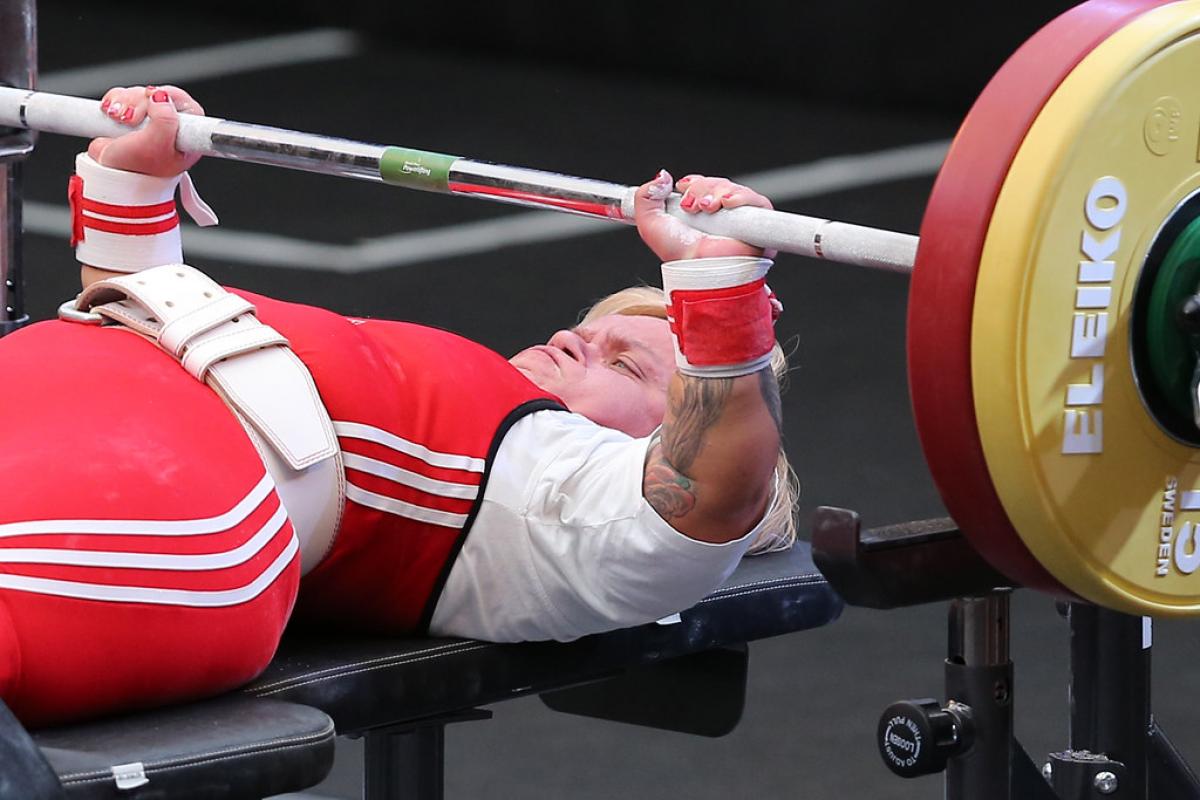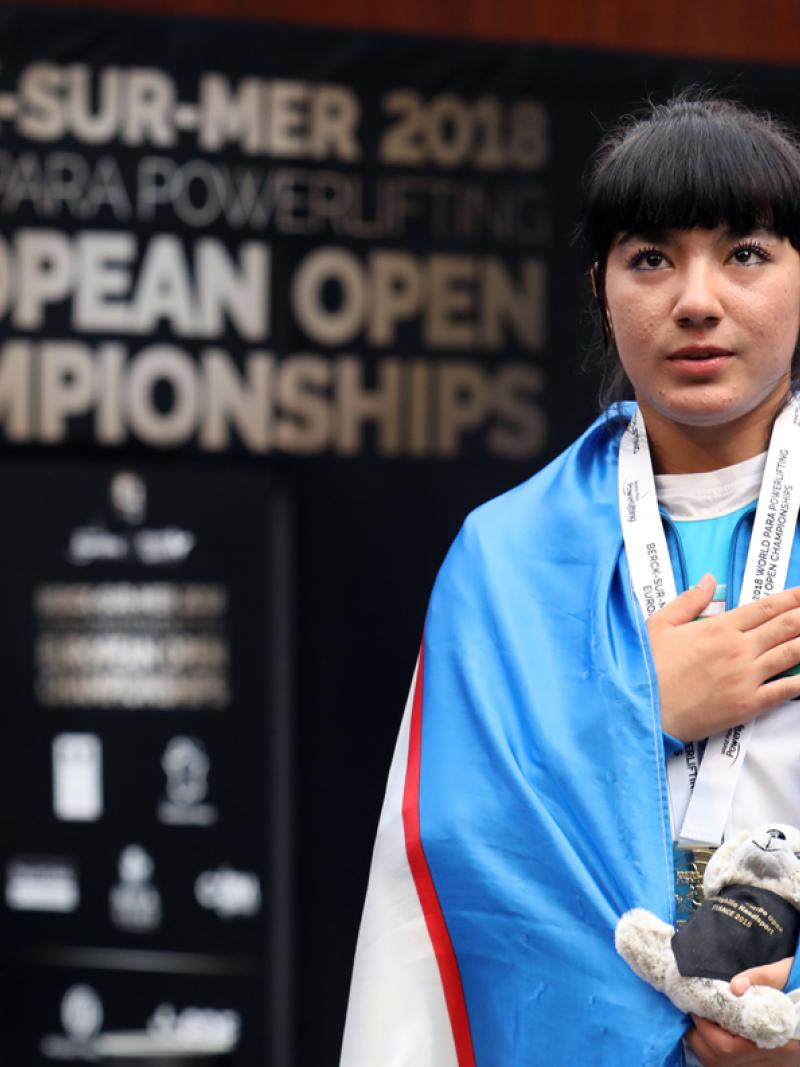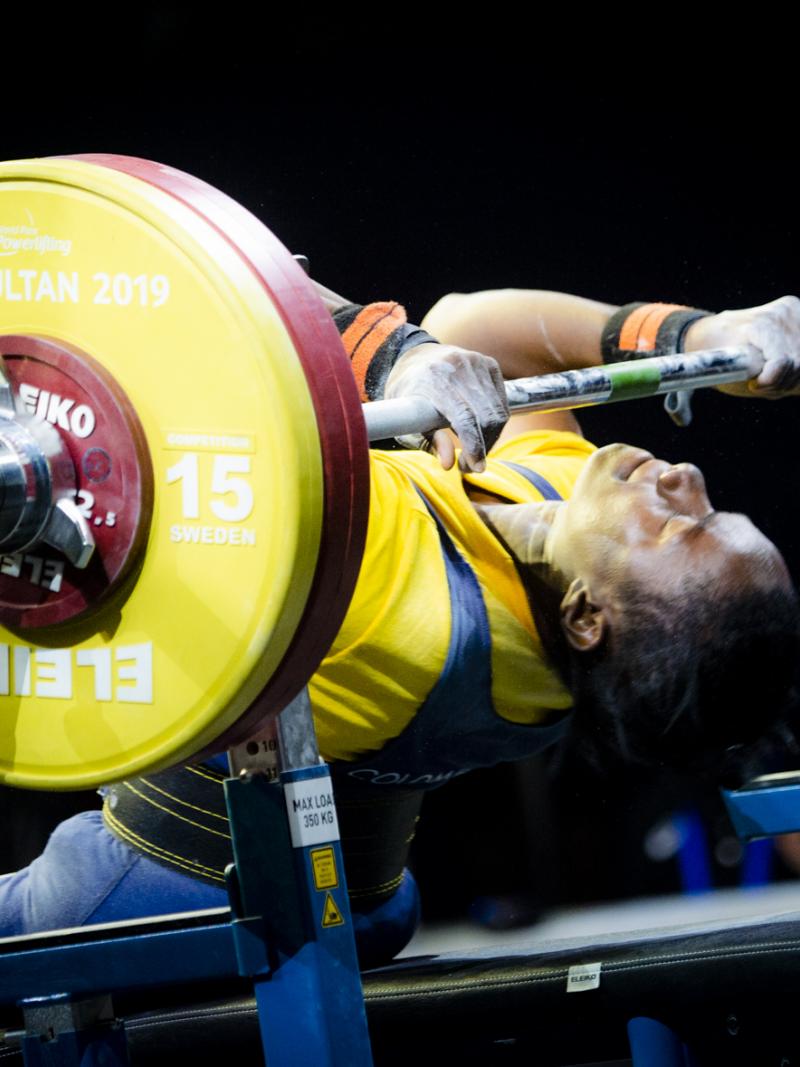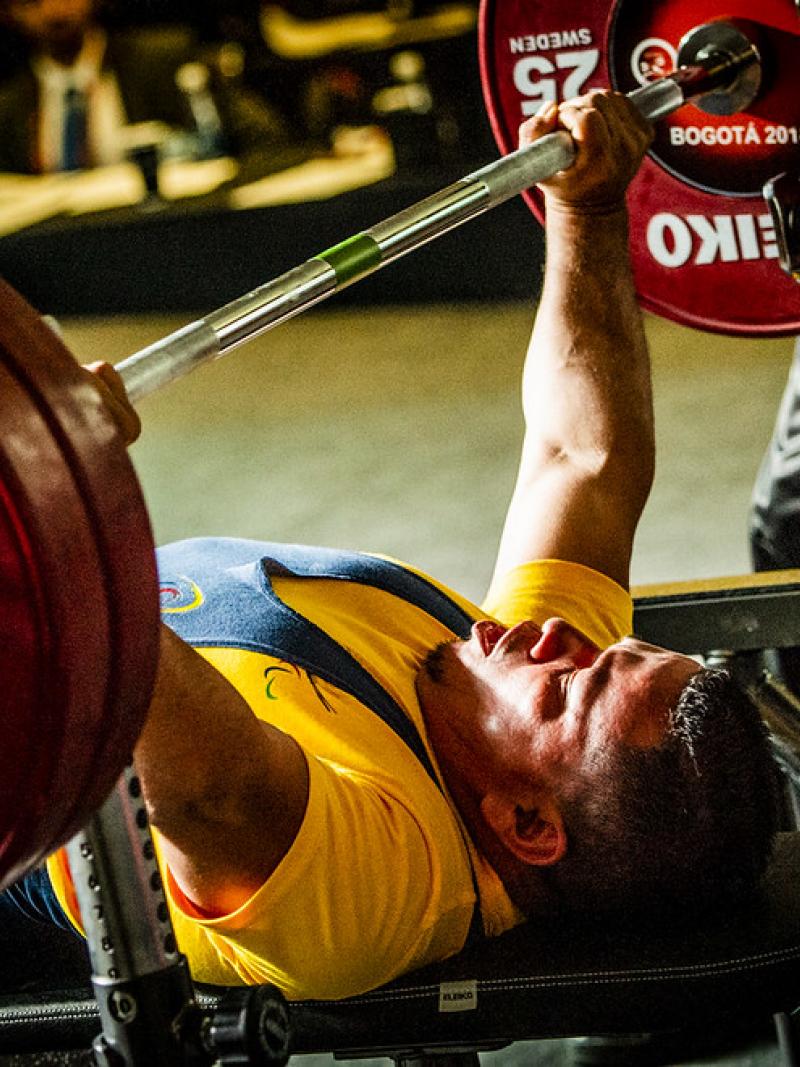Malgorzata Halas-Koralewska suspended for anti-doping rule violation
Polish Para powerlifter suspended for one year and loses World Cup title 18 Mar 2020
The International Paralympic Committee (IPC) has suspended Polish Para powerlifter Malgorzata Halas-Koralewska for one year after committing an anti-doping rule violation (ADRV).
The athlete returned an adverse analytical finding for a prohibited substance in a urine sample provided on 26 April 2019 after competing at the Eger 2019 World Para Powerlifting World Cup in Eger, Hungary.
The substance was dehydrochloromethyl-testosterone metabolite 4α-chloro-18-nor-17β-hydroxymethyl-17α-methyl-5α-androst-13-en-3α-ol (DHCMT metabolite). The substance is included on the World Anti-Doping Agency (WADA) 2019 Prohibited List under the class S1.1A Exogenous Anabolic Androgenic Steroids.
Following analysis of the evidence, the IPC was satisfied that the ADRV appeared to be unintentional, without significant fault or negligence on the part of the athlete, and that the source of the prohibited substance was the athlete’s use of a contaminated product.
As a result of her violation, Halas-Koralewska will be ineligible for competition for one year from the date of the test to 25 April 2020. All her results obtained from 26 April 2019 through to the start of the Provisional Suspension (28 May 2019) will be disqualified, including forfeiture of any medals, points, records and prizes. This includes the Women’s up to 61kg competition at Eger, which she won. The Athlete has also agreed to participate in an anti-doping education course.
As a result of her disqualification from the Women’s up to 61kg competition at Eger, Poland’s Magdalena Kostka, the original silver medallist, will now be awarded the gold medal. Silver will now go to Thailand’s Hat Motnok and bronze to Thailand’s Phikul Pholto.
Each athlete is strictly liable for the substances found in his or her sample. An anti-doping rule violation occurs whenever a prohibited substance (or its metabolites or markers) is found in his or her bodily specimen, whether or not the athlete intentionally or unintentionally used a prohibited substance or was negligent or otherwise at fault.
As a signatory of the World Anti-Doping Code (WADC), the IPC remains committed to a doping-free sporting environment at all levels. The IPC, together with the International Federations and the National Paralympic Committees, established the IPC Anti-Doping Code to prevent doping in sport for Paralympic athletes, in the spirit of fair play. The IPC Anti-Doping Code is in conformity with the general principles of the WADC.

 Facebook
Facebook
 Instagram
Instagram
 Twitter
Twitter
 Youtube
Youtube



